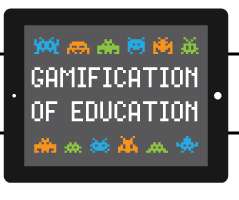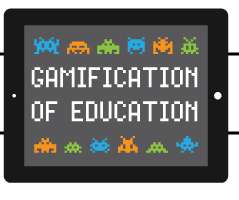Ed Tech Vocab: Keeping Up with Trends in Education
eSpark
APRIL 7, 2022
Keep reading to discover the meaning of some of the most common trends in Edtech. Think of it as a cheat sheet to help you learn all you need to know about technology in the classroom! Blended learning combines traditional, in-person learning with digital learning, so that students can experience both forms.















Let's personalize your content